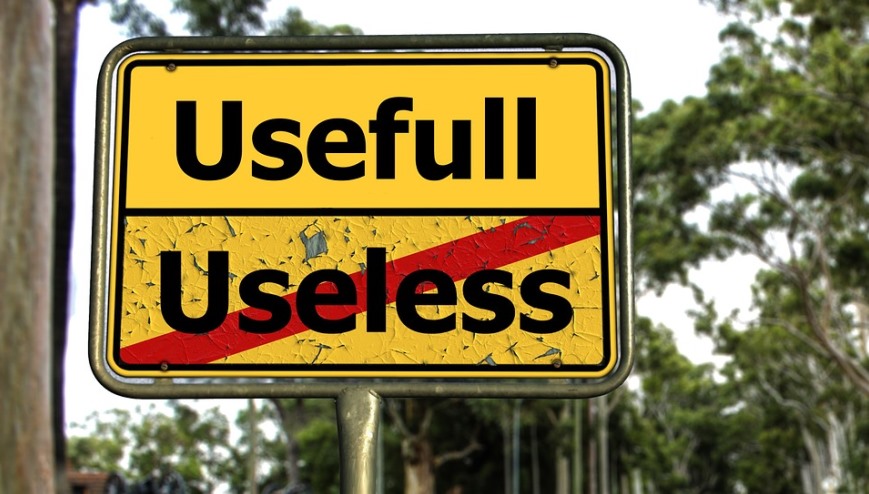“Resources are acquired to meet the available need. Else they become idle.”
I have spent over 18 years interacting with entrepreneurs, new startups and seasoned chief executive officers in charge of government institutions. As an entrepreneur myself, I have realized that the right mindset drives growth.
One thing that I have learned which I want you to learn by heart for your career success is that “Resources are acquired to meet the available need. Else they become idle.” And so, as the saying goes, it does not matter how much resources you have, if you do not know how to use them, they will still not be enough!
Do not acquire resources and capabilities for the sake of it or because someone has them or they have told you to have them. Your resource acquisition should be informed by strategy: what need will the new resources meet?
The successful organization focuses on first creating the “need” to inform new resource investments. So, only build a hospital if you have potential clients to use the services, otherwise, you will not fill it up! And that will become tied capital which leads to wastage and depreciation. Whoever ‘sweats’ the asset most wins. Investment analysts, therefore, look at your return on investment (ROI) or return on capital employed or return on equity. The higher the return, the better!
For this reason, when Toyota was asked to start a car manufacturing company in Uganda, the story goes that “Toyota sent in a market analyst to study the potential demand of Toyota cars in Uganda. It is said that the experts positioned themselves at different points within Kampala city to observe the different cars that people were driving as well as the sophistication of Uganda’s public transport system.
Also read: Tell your staff the ‘why?’
After a week of study, the Japanese experts recommended thus “We have been in Uganda for one-week field market study. We have observed a rising middle class. However, 90% of the people drive used cars NOT brand new cars.” Given that a brand new Toyota would be classified as a ‘luxury’ by Uganda’s middle class, mass production locally is not feasible due to fewer new units that will be demanded overtime. In the end, the factory could struggle to source new raw materials as well as the qualified labor force to sustain growth.
We recommend that we establish a distribution point and NOT a new factory. The distribution point would be able to assemble cars as well as repair since people use many old cars, the repair shop and selling of spare parts is more profitable to Toyota than a new factory.
And so Toyota Uganda was born.
Again, “Resources are acquired to meet the available need. Else they become idle.”
Keep that in mind. Always think about how to first create demand before you acquire new capabilities.
Copyright Mustapha B Mugisa, 2019. All rights reserved.







